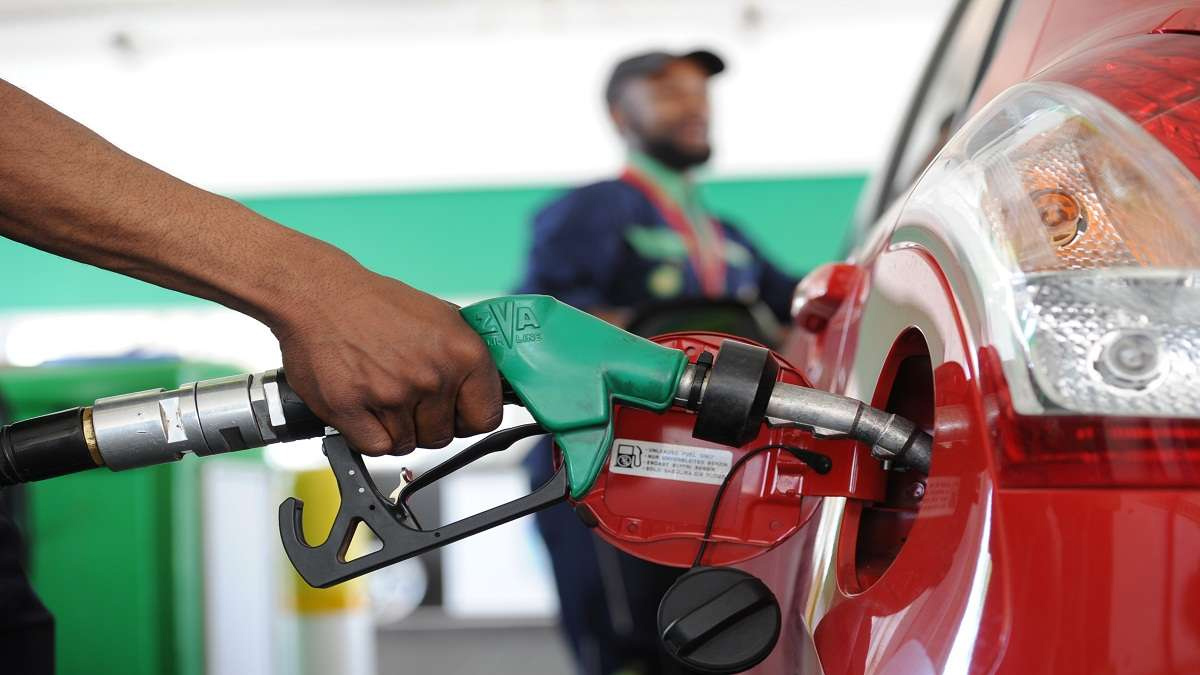BUSINESS &ECOMONY

NIGERIANS KICK AGAINST GOVERNMENT’S 5% FUEL LEVY PLAN
The Federal Government has announced plans to introduce a five percent surcharge on every 10 litres of fuel purchased in Nigeria, a move that has triggered widespread criticism from citizens.
The Finance Minister and Coordinating Minister of the Economy, Wale Edun, who disclosed the development in Abuja last week, clarified that the surcharge is not a fresh tax but a provision contained in the Federal Road Maintenance Agency (FERMA) Act of 2007.
According to him, the measure, reflected in the newly signed 2025 Nigeria Tax Administration Act, is aimed at harmonisation and transparency.
“The five percent surcharge has existed since 2007. Including it in the new law does not translate into an automatic introduction of a new tax. There is currently no commencement order in place, nor is one being prepared,” Edun explained.
Despite the clarification, Nigerians have expressed strong opposition to the proposal. Many argue that assurances from government officials often fail to hold, citing the fuel subsidy removal that drove petrol prices from N167 per litre to as high as N865–N1000 depending on location.
For many citizens, the removal worsened living conditions and pushed the cost of goods and services beyond reach, leaving doubts about government promises that the surcharge will not be implemented immediately.
The proposed policy has dominated conversations both offline and on social media, with a flood of reactions reflecting anger and frustration.
In Lagos, some residents described the move as insensitive.
Real estate agent Taiwo Oladosun said:
“Taxing people an additional five percent on fuel purchases is wrong. With the way things are already, many Nigerians simply cannot bear such extra burden.”
Another resident, Johnson Olagunji, stressed the need for fairness at fuel stations if the policy ever takes effect:
“If this surcharge will apply, then government must ensure strict monitoring. One litre must equal one litre. Many times, buyers get less than what they pay for. Without transparency, this policy will further exploit people.”
Businessman Gabriel Adigun, who commutes daily, warned that transportation costs would skyrocket, worsening the hardship for families.
Okada rider Ozo Darlington was more scathing, saying:
“The cost of fuel is already draining our pockets. Must the government add more pain? One day, they may even tax us for the air we breathe.”
Fuel attendants also shared mixed feelings. Kikelomo Oluwatosin noted that their duty is to comply with government directives, even though implementation will draw backlash from customers. Another attendant, Kingsley Ibe, lamented the lack of visible benefits from constant taxation:
“Government keeps taxing Nigerians but we don’t see any development. The money ends up in private pockets while the people suffer.”
The backlash has not been limited to individuals. Major groups such as the Nigeria Labour Congress (NLC), Trade Union Congress (TUC), manufacturers, and even opposition politicians have rejected the plan.
Labour Party’s 2023 presidential candidate, Peter Obi, in a post on X (formerly Twitter), questioned the timing of the proposed surcharge.
“Nigerians will now pay a five percent tax when buying their daily fuel or diesel, even though millions can barely afford transportation. The President recently boasted of meeting revenue targets, yet instead of easing hardship, new burdens are being placed on citizens. Leadership should be about reducing suffering, not adding to it.”
Obi further criticised the government for failing to make alternative fuels like Compressed Natural Gas (CNG) affordable, noting the price rise from N230 to about N450 despite promises of subsidies.
He urged the administration to focus on improving education, healthcare, and poverty reduction before considering additional levies.
“This five percent fuel tax should wait until Nigerians see tangible improvements in their lives. Leadership requires compassion and care, not increased burdens,” he said.
"This represents a significant development in our ongoing coverage of current events."— Editorial Board









